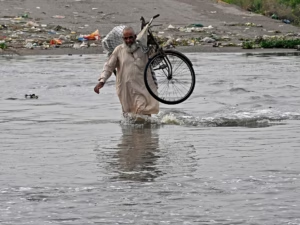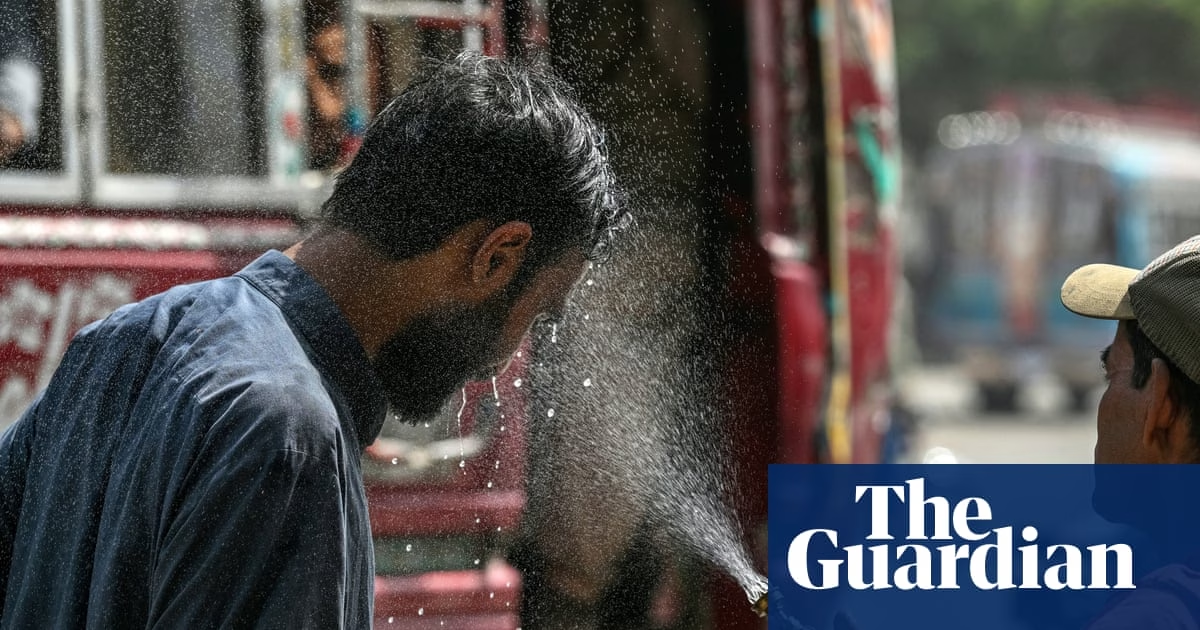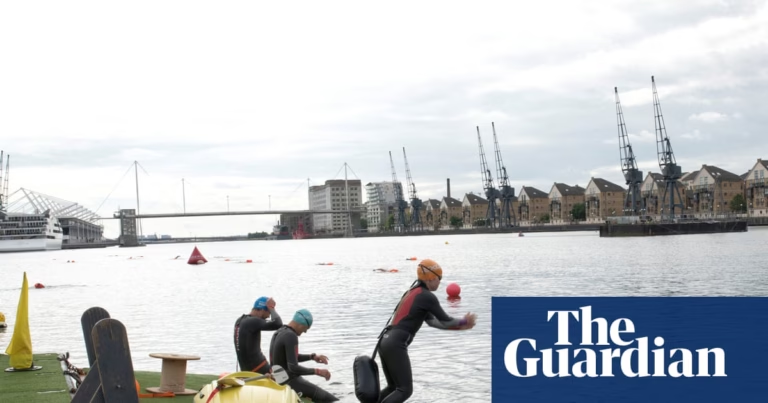The summer conditions that south Asian countries dread each year have arrived early, in April. Many regions in India and Pakistan are already experiencing heatwave conditions, which scientists claim is rapidly becoming the “new normal”. Normally, temperatures in the region rise through May, reaching their peak in June before the monsoon brings relief. However, this year, the heat has arrived early.
South Asia, home to 1.9 billion people, is particularly vulnerable to extreme heat as many reside in areas with limited access to basic cooling, healthcare, or water. In Delhi, temperatures have surpassed 40C in April, 5C above the seasonal average. According to ClimaMeter, a platform tracking extreme weather events, “human-driven climate change” is to blame for this dangerous heat.
Experts suggest that these spring heatwaves are a signal rather than an anomaly. Gianmarco Mengaldo, a climate expert at the National University of Singapore, warns that we must move beyond awareness into action. Delhi authorities have issued emergency guidelines to ensure water breaks and stocks of oral rehydration salts while urging schools to cancel afternoon assemblies due to the heat.
Heatwaves have also affected Jaipur, with reports of heatstroke among construction workers and farmers, while other states in India struggle with intense heat. The Indian Meteorological Department has reported an “above-normal number of heatwave days”, with temperatures expected to rise across the subcontinent over the next few days.
Pakistan is also feeling the effects of the heat, with temperatures in Shaheed Benazirabad reaching 50C, 8.5C above the April average. A Pakistani newspaper editorial commented that the country is woefully unprepared for the escalating climate crisis.
Urban heat is exacerbating the situation, with cities like Delhi and Islamabad now 3C hotter on average than nearby rural areas. Mengaldo emphasized that when it comes to heatwaves, the question is no longer if they are linked to climate change, but what kind of thresholds we are reaching. He stated that preparedness is essential, but our infrastructure is not well adapted.
ClimaMeter also reported that compared to pre-1986 levels, similar meteorological conditions now produce temperatures up to 4C higher, almost entirely due to human-driven climate change.
South Asia is not alone in this. Mengaldo stated that in the northern hemisphere spring months, conditions in parts of the Middle East are already incompatible with human life. He also expects summer temperatures in Spain and France to reach unprecedented levels in the coming years. Many of the events predicted for 2050 or 2070 are already happening, indicating an acceleration of climate change.
David Faranda, a senior climate scientist, stated that the only sustainable solution is to stop burning fossil fuels and reduce emissions. Without drastically reducing emissions and building climate resilience, the implications are alarming. Mengaldo added that even if we act now, the climate system will take decades or even over a century to cool down, and the sea level rise is already locked in for hundreds of years.
Economic inequality and infrastructure play a critical role in determining who survives extreme heat. Mengaldo emphasized that economic levels play a significant role in how people can cope and sustain themselves. Delhi has updated its heat action plan, focusing on vulnerable groups, but implementation is inconsistent.
Faranda stated that adaptation is increasingly unaffordable for many heat-prone countries, with electricity grids causing widespread power cuts. Mengaldo highlighted the need for innovation in areas such as better-insulated housing, materials that prevent energy loss, and architectural designs that promote natural cooling. Faranda also said that people must change their lifestyles, reducing energy consumption through lifestyle changes, efficient architecture, and better materials.
Source: https://www.theguardian.com/environment/2025/apr/30/india-and-pakistan-already-sweltering-in-new-normal-heatwave-conditions







